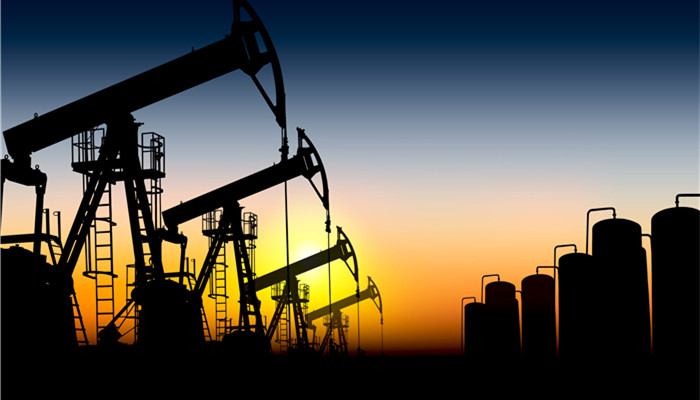
Market demand continues to upgrade, and the high-end liquid paraffin market has great development potential
Liquid paraffin, referred to as liquid wax, is a paraffin containing n-alkanes obtained by using kerosene or diesel fraction as raw material, adsorbed and separated by molecular sieves or dewaxed with isopropanol-urea. Liquid paraffin appears as a colorless or light yellow transparent oily liquid. At room temperature, liquid paraffin is odorless and tasteless. It has a slight petroleum odor when heated. It is insoluble in water, glycerol, cold ethanol, and soluble in carbon disulfide, benzene, ether, chloroform, etc.
According to different fractions, liquid paraffin can be divided into two categories: light liquid paraffin (light wax) and heavy liquid paraffin (heavy wax). Light wax is an alkane with carbon atoms between C9-C13, and heavy wax is an alkane with carbon atoms between C9 and C13. The number is C14-C16. At present, the heavy wax market is relatively mature in the domestic market, while the light wax market needs further development. In recent years, as environmental protection supervision has become increasingly strict, the market’s standards for liquid paraffin production have gradually increased. The gap between my country’s liquid paraffin and international standards is not large, but there is still a certain gap in key technologies.
According to the “2022-2027 China Liquid Paraffin Industry Market In-depth Research and Development Prospects Forecast Report released by the Industrial Research Center, the global Within the scope, liquid paraffin production capacity is mainly concentrated in the United States, Western Europe, Asia and other countries and regions, with Asia’s production capacity accounting for the highest proportion. Suppliers of liquid paraffin include foreign companies such as Italian Condea Augusta Company and American Exxon Company, as well as domestic companies such as Tianjin Kaiwei Wynn, Daqing Linyuan, Shandong Qingyishan Petrochemical, Jinling Petrochemical, and Maoming Petrochemical.
According to different application scenarios, liquid paraffin can be divided into food grade, industrial grade, medical grade and cosmetic grade. my country’s liquid paraffin is mainly industrial grade, accounting for more than 80% of consumption, followed by cosmetic grade. In the industrial field, liquid paraffin can be used to produce lubricants, detergents, cleaning agents, dibasic acids, etc.; in the food field, liquid paraffin can be used as a release agent for bread, chocolate and other foods; in the medical field, liquid paraffin can be used as a disinfectant. Foaming agents are used in the production of penicillin and constipation medications; in the field of cosmetics, liquid paraffin can be used as the base of ointments, liniments, and cosmetics.
my country’s liquid paraffin production capacity is relatively concentrated, of which East China accounts for about 50%. my country’s liquid paraffin market is developing rapidly, but compared with developed countries, the liquid paraffin industry still has room for improvement in terms of production scale, product quality, and technical level. In recent years, with the upgrading of market demand, the demand for high-end liquid paraffin has been released. In order to comply with the market consumption trend, more and more companies have begun to expand into the food-grade liquid paraffin and medical-grade liquid paraffin markets.
Industry analysts said that liquid paraffin has a wide range of applications. At present, my country’s market is dominated by industrial-grade products. However, with the development of the market, The demand for high-end liquid paraffin such as food grade, pharmaceutical grade, cosmetic grade, etc. is constantly being released. In the future, the liquid paraffin market may show a development trend of high-end replacing low-end. In the context of consumption upgrading, domestic companies still need to improve their technology and product quality to compete for more high-end market shares.

 微信扫一扫打赏
微信扫一扫打赏

